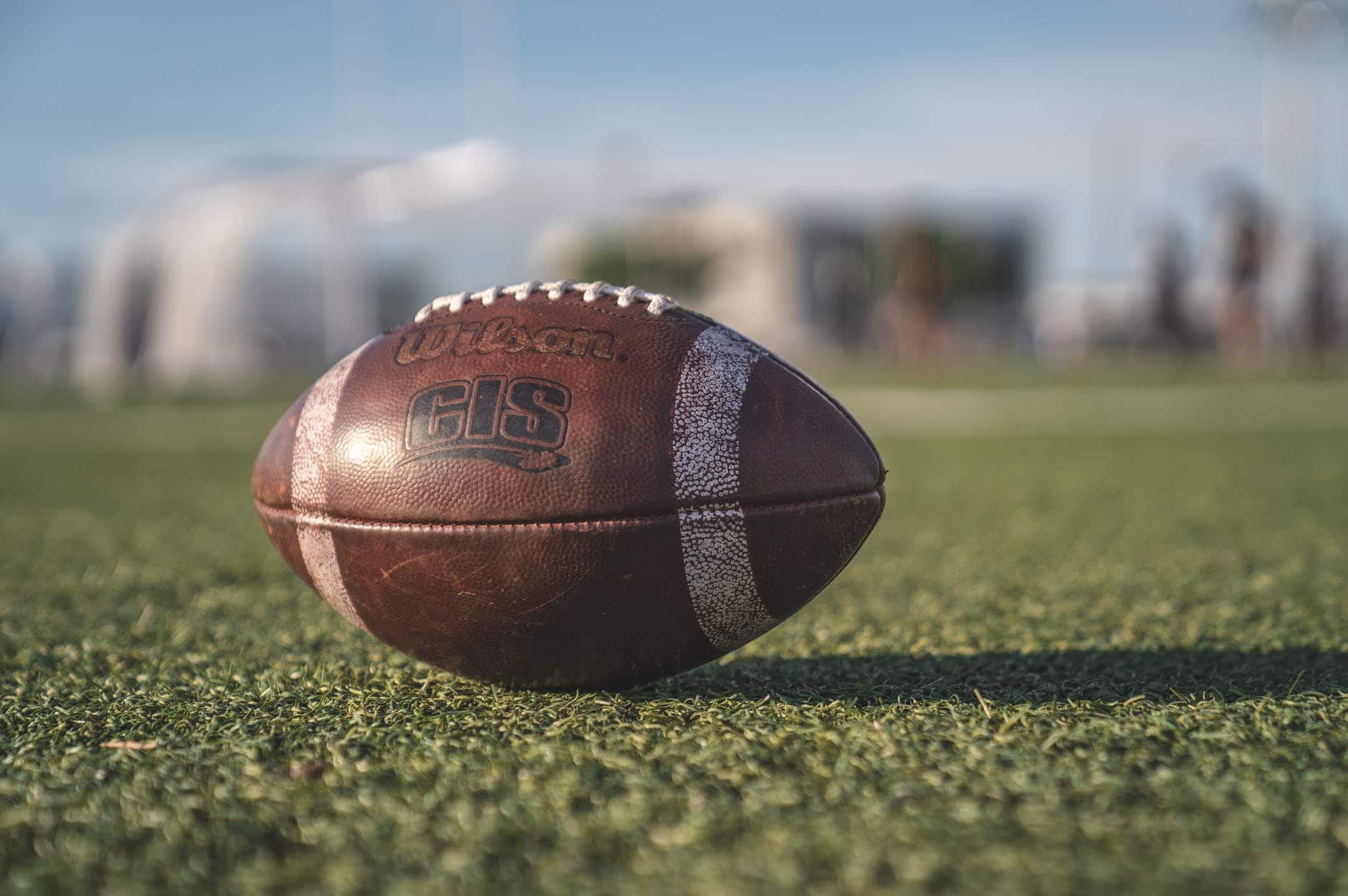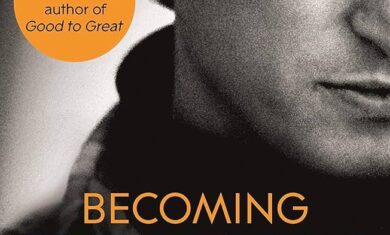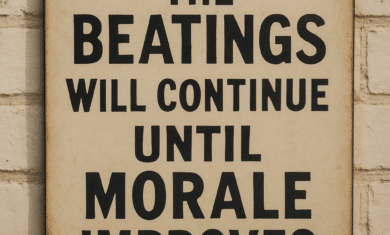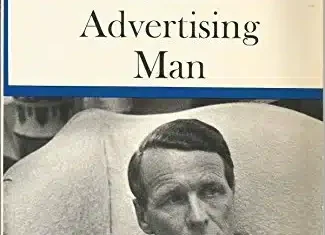As humans, we too often judge the quality of a decision based on the outcome, when many other factors (often luck) play into it.
The “Resulting Fallacy” is a case where we create too tight a relationship between the quality of the outcome and the quality of the decision.
Or as poker player Annie Duke says:
Don’t be so hard on yourself when things go badly and don’t be so proud of yourself when they go well.
We see this a lot in sports. Should the runner try to steal second? If they’re fast and going against a catcher that rarely throws people out, it’s likely a good decision — even if they get thrown out. In hindsight they shouldn’t have done it, but at the time it was the the right decision to make.
The Seahawks made a good decision to pass
At the end of Super Bowl XLIX, the Seattle Seahawks threw a late interception that cost them the game. If you’ve not seen the play before, here it is:
It’s widely considered to be a “horrible decision”, but was it really? To recap the situation:
- There were 26 seconds remaining
- The Seahawks had one timeout
- They were at New England’s one yard line
- They were losing by four, so they couldn’t just kick a field goal
Given the time remaining, they couldn’t run the ball three straight times. To maximize their chances (assuming they don’t score on the first two tries), they’d need at least one pass. Passing first leaves the Patriots guessing about subsequent attempts, whereas a run on first down that failed would have essentially guaranteed a pass on second down.
To further the point, teams that season on the 1 yard line scored on 57.1% of their running plays and 57.4% of their passing plays, so a very tiny nod toward passing.
The counter is that they had Marshawn Lynch at running back, who had an incredible season, and seemingly could have picked up the yard. Everyone was likely expecting that, though, making it a bit tougher.
Here’s the big one, though — in the history of the NFL, passing plays from the 1-yard line are intercepted just 3.1% of the time.
Do-over
Obviously, if they could go back in time and choose a different play, the Seahawks would absolutely do that. At the time, though, they made a solid decision that just happened to not work out for them.
Such is life. Prepare the best you can and do the best you can, and see where the pieces lie. You’ll win some and lose some, but don’t beat yourself up if things go poorly. Learn from it, and come back with a bit more wisdom next time.
Plus, it probably won’t cost your team the Super Bowl.





Here is an interesting perspective on that play I saw a short while ago. Lots of perpetuation went into that decision.
https://www.tiktok.com/t/ZT8Ne84x1/
I hadn’t seen that video before, and it was fascinating. Thanks for sharing!
I agree it was really intriguing. I’ll never fully realize the depths that go into preparing for those situations.
Oh, and I realize I fat fingered the wrong word in my original comment and it came out perpetuation. ♂️ haha